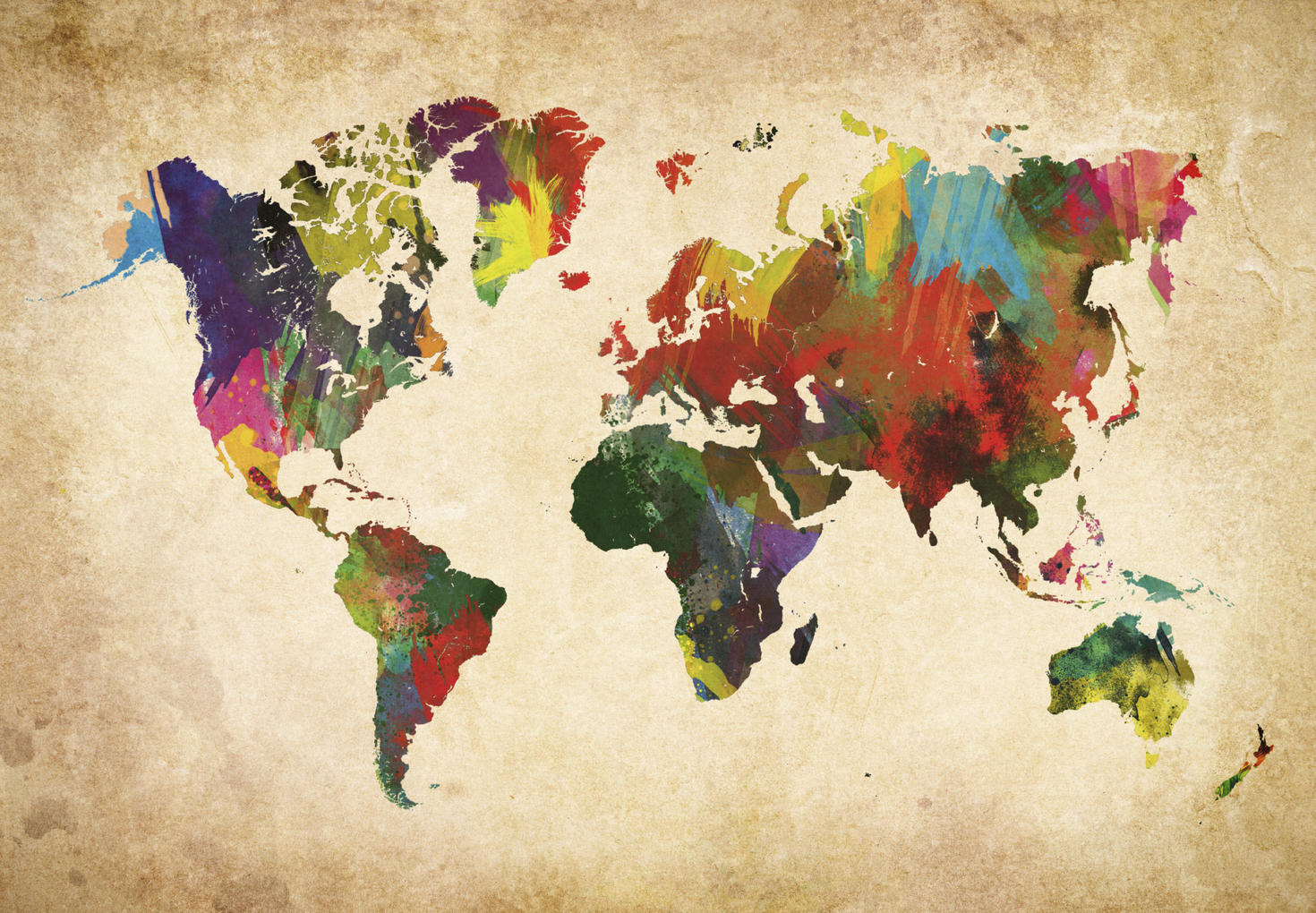Max, Développement international et mondialisation
Pays de stage: Trinité-et-Tobago Institut
ONG canadienne: Mines Action Canada
ONG locale: Institut des femmes pour le développement alternatif, programme de désarmement
Lorsque la plupart des Canadiens pensent aux Caraïbes, ils imaginent des plages de sable blanc abritant des centres de villégiature tout compris, envahis par des bateaux de croisière remplis de touristes. Il est vrai que Trinidad n'a rien à voir avec cela. À première vue, Trinidad est fortement industrialisée et peut parfois sembler écrasante en raison de la chaleur tropicale écrasante, du trafic incessant et du bruit apparemment ininterrompu. Quelques semaines seulement après le début de mon séjour, j'ai commencé à apprécier la passion et la fierté des habitants, la beauté naturelle et le paysage culturel fascinant de cette république insulaire jumelle.
J'ai choisi la Trinité-et-Tobago parce que la plupart des gens (y compris moi-même) ne savent pas grand-chose à son sujet. Nombreux sont ceux qui seraient surpris de découvrir l'importante diversité culturelle et ethnique de ce pays, conséquence directe de son passé colonial complexe. La Trinité-et-Tobago a été colonisée à un moment donné par presque toutes les grandes puissances coloniales. Par conséquent, un large éventail de religions, d'ethnies et de traditions culturelles différentes y sont représentées. Le carnaval de Trinité-et-Tobago, l'une des célébrations les plus acclamées de l'île, est un parfait exemple de ce mélange de cultures et de traditions.

Lorsque je suis arrivé ici, les gens étaient très enthousiastes à l'idée de me dire à quel point les autres cultures sont représentées ici, et à quel point il est courant que les gens célèbrent les fêtes/traditions religieuses des autres et prient même dans les lieux de culte des autres ; ce que j'ai trouvé très intéressant étant donné le peu d'interaction que certaines personnes ont avec des personnes de cultures différentes au Canada.
Le carnaval de Trinité-et-Tobago est facilement l'un des plus grands événements de l'année sur l'île. Lorsque je suis arrivé, tout le monde m'a dit que j'avais choisi la meilleure période de l'année pour visiter l'île. La saison du carnaval commence juste après Noël, et on dit que pendant toute l'année, soit on le célèbre, soit on se souvient de la qualité des festivités de l'année précédente. J'ai récemment participé au J'ouvert, les célébrations d'ouverture du carnaval qui commencent vers 4 heures du matin et qui consistent à défiler dans les rues en se couvrant de boue et de peinture jusqu'à ce que le soleil se lève. C'est une expérience que je n'oublierai jamais et c'est incroyable de voir l'énergie et l'excitation qui règnent dans les rues pendant cette période.
Trinité-et-Tobago est considéré à la fois comme un pays développé et en voie de développement. Le pays à le troisième PIB par habitant le plus élevé d'Amérique du Nord, grâce à une industrie pétrolière et gazière bien développée. Toutefois, ces dernières années, en raison de la baisse des prix du pétrole et d'une série d'autres facteurs, l'économie a connu une croissance relativement faible. Comme dans de nombreux pays, l'inégalité des revenus peut être radicale et très visible. De nombreux quartiers du pays abritent de grandes demeures et des allées remplies de Porsche, de BMW et de Mercedes, alors qu'à quelques rues de là, on trouve des cabanes en bois d'une seule pièce avec des toits en tôle.


Cette dualité du développement peut également entraîner des défis logistiques. J'ai récemment rencontré le haut-commissariat du Canada, qui m'a expliqué qu'étant donné que T&T ne figure pas sur la liste des pays bénéficiaires de l'aide publique au développement, il n'est pas en mesure de financer directement des initiatives locales, même dans des régions où le gouvernement local ne dispose pas d'un financement adéquat. Cette situation est particulièrement difficile dans les régions du pays qui sont plus exposées aux catastrophes naturelles et aux graves inondations.
Je suis ici en tant que stagiaire à l'Institut des femmes pour le développement alternatif (WINAD), où je travaille comme responsable du soutien au programme de désarmement. Bien que WINAD soit une ONG relativement petite, son impact est relativement important. Lorsque je suis en public avec ma superviseure, je suis toujours surpris du nombre de personnes qui la reconnaissent et la félicitent pour le travail qu'elle accomplit.
Déjà à mi-parcours, je suis impatient de continuer à découvrir les différentes parties de l'île et d'en apprendre davantage sur les expériences culturelles uniques que la Trinité-et-Tobago a à offrir. Lorsque je suis arrivé, j'ai eu l'impression de faire un grand pas dans l'inconnu. Il est vrai qu'il y a toujours des défis à relever lorsqu'on entre dans un nouvel environnement ; cependant, je suis reconnaissant d'avoir été accueilli gracieusement dans la vie trinidadienne par un groupe de personnes attentives et bienveillantes.
